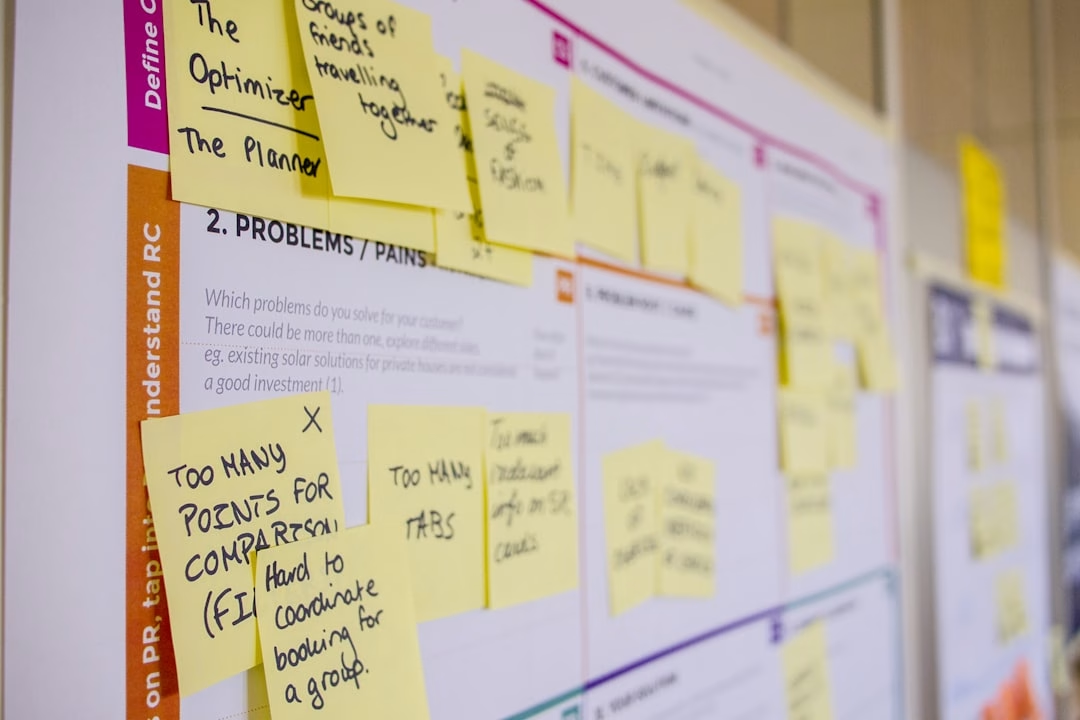Lean Software Development: Principles and Practices
Lean software development, a concept derived from lean manufacturing, is a collection of principles that when applied can drastically improve the efficiency of a software development process. To understand and successfully apply this approach, it’s essential to familiarize oneself with the primary principles and practices of lean software development.
Principles of Lean Software Development
The eight key principles of Lean Software Development are derived from the efficiencies observed in lean manufacturing and adapted to the software development environment. Let’s take a close look at each one.
- Eliminate Waste: This principle advocates for reducing any unnecessary processes, functionalities, or procedures within the software development process that don’t add value.
- Amplify Learning: Through iterations and feedback, this principle encourages constant learning and adaptation for improved software development.
- Decide Late: Delaying decisions until the last possible moment can allow for more information and increased flexibility.
- Deliver Fast: By delivering quickly, issues can be identified earlier and adjustments to client needs can be made more effectively.
- Empower the Team: Lean software development champions self-managing cross-functional teams that can make decisions without unnecessary external interference.
- Build Quality In: By building quality into the software and processes from the beginning, it reduces the need for inspection and corrective procedures.
- Optimize the Whole: This principle encourages looking at the entire development process instead of individual phases to improve performance.
- Respect People: Essential to fostering a healthy work environment, this principle underlines the value of every team member in the development process.
Practices of Lean Software Development
The principles are undoubtedly important, but without the right practices to implement them, they remain just ideas. Here are the most commonly used implementation practices in lean software development:
- Just-in-time production: Implementing changes as needed and continuously adapting to new requirements and environments for effective software development.
- Set-based development: When faced with critical decisions, developing various sets of solutions and narrowing them down as more data becomes available.
- Automated testing: To ensure quality is built in, automated testing can help to identify and fix issues earlier in the process and more efficiently.
- Iteration: Continuous short and frequent iterations are key to the quick and adaptive nature of lean software development.
- Change management: A structured approach to managing changes ensures the team can seamlessly adapt to evolving project requirements.
- Visual control: Use visual tools like kanban boards to track progress and issues, allowing any team member to quickly understand the project status.
Understanding and implementing the principles and practices of lean software development can help any software development team significantly improve their efficiency, productivity, and product quality while respecting every team member’s contribution to the process.
